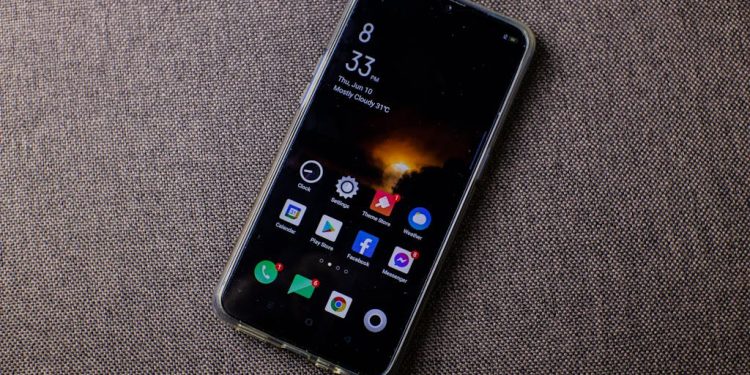In today’s fast-paced world, smartphones have become an essential part of our daily lives. They help us stay connected, manage our schedules, and even handle work on the go. However, as technology evolves rapidly, it can be challenging to know when it’s time to invest in a new phone.
Declining Performance
One of the most common signs that it’s time to consider a new phone is declining performance. Over time, your smartphone may start to slow down, with apps taking longer to load and frequent crashes becoming more common. This decline in speed and responsiveness can be due to outdated hardware that can’t keep up with newer software updates. If you find that your phone struggles with basic tasks or feels sluggish overall, it might be time to upgrade to a newer model with faster processors and more RAM.
Battery Life Issues
Battery life is another crucial factor to consider. As phones age, their batteries tend to lose capacity, leading to shorter usage times between charges. If you find yourself constantly needing to charge your phone or if the battery drains rapidly even when not in use, it could be a sign that the battery is degrading. While replacing the battery can be an option, in some cases, especially with older models, investing in a new phone might be more practical and cost-effective.
Lack of Software Updates
Software updates are essential for keeping your phone secure and ensuring that it runs smoothly. However, older phones often stop receiving updates from the manufacturer, leaving them vulnerable to security risks and unable to take advantage of new features. If your phone no longer supports the latest operating system or apps, it might be time to consider upgrading. A new phone will come with up-to-date software, ensuring better performance, security, and access to the latest apps and features.
Physical Damage
Accidents happen, and physical damage to your phone can be another reason to invest in a new one. A cracked screen, malfunctioning buttons, or a damaged camera can significantly impact your phone’s usability and overall experience. While minor repairs can be an option, extensive damage may warrant getting a new phone, especially if repair costs are high or if the damage affects the phone’s performance.
Outdated Features
Technology is constantly evolving, and new phones come with features that older models may lack. If you’re finding that your current phone doesn’t have features that would improve your daily life, such as better camera quality, faster charging, or improved connectivity options, it might be time to upgrade. Investing in a new phone can enhance your user experience, making it easier to stay connected, capture memories, and enjoy the latest apps and services.
Increased Demands
As your personal or professional needs change, you might find that your current phone no longer meets your demands. Whether it’s for work-related tasks, gaming, or content creation, newer phones are equipped with the latest technology to handle more intensive applications. If your phone is struggling to keep up with your lifestyle, upgrading to a model with more powerful hardware and advanced capabilities could be the right move.
Knowing when to invest in a new phone can help you avoid frustration and ensure that you’re getting the most out of your mobile device. By recognizing the signs that your current phone is no longer meeting your needs, you can make an informed decision about when it’s time to upgrade.










